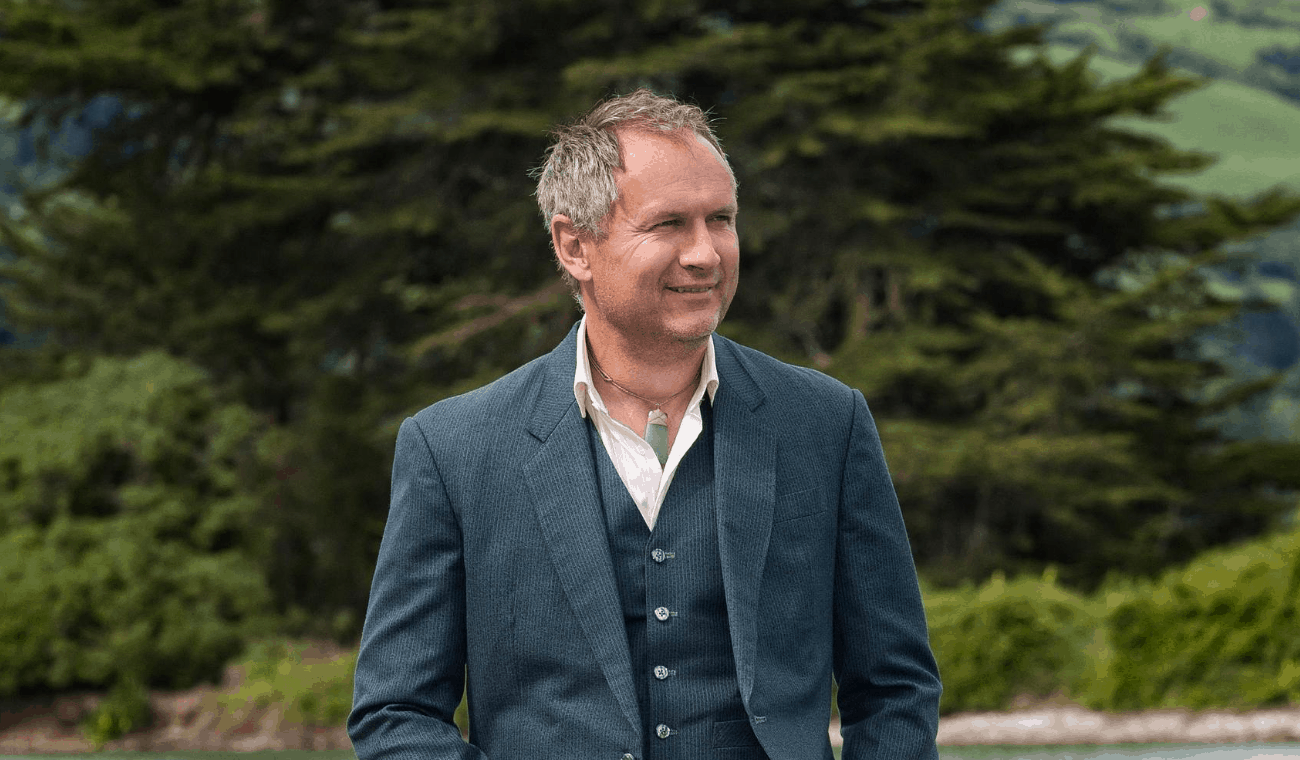Assisted dying and palliative care: Why not both? asks Andrew Geddis
Andrew Geddis is a writer and Professor in the Faculty of Law at the University of Otago.
_____
I am a supporter of assisted dying and will be voting yes in the referendum on the
End of Life Choice Act. Nevertheless, I agree with a point made by Dr Sinéad
Donnelly in her recent Newsroom post arguing against this position.
Gaps in our palliative care system should not be used as an argument for
permitting assisted dying for the terminally ill. It should never be the case that
people are put in a position where they feel forced to end their suffering through
medical aid to die simply because there is not adequate health provision to address
their needs.
Equally, however, those opposed to assisted dying also should be careful when
raising fears that permitting assisted dying somehow will harm the provision of
such palliative care. That is an easy assertion to make, but one that ought to be
based on some sort of evidence rather than conjecture.
After all, forms of assisted dying exist in numerous places now, and have done so
for quite some period of time. If there is good data that permitting this practice
undermines palliative care, we might expect to see it reported in the form of peer
reviewed research. Notably, those opposed to assisted dying do not cite any such
studies.
Properly funded, easily accessed palliative care and the option of assisted dying for
those few individuals who wish to exercise such control over their life’s end. As
the advert says, why not both?
Beyond this initial point of agreement, I find myself troubled by the rest of Dr
Donnelly’s article.
First, she raises the argument that medical professionals cannot ever know if those
requesting assisted dying are really acting freely or are being coerced by others. The
problem is that if this claim is true, it calls into question the entire modern practice
of medicine.
For if a medical professional cannot know if a patient requesting aid in dying is
“properly” consenting, how can they know if a patient agreeing to (say) heart
surgery, chemotherapy, or palliative sedation is doing so? What enables them to
determine that such agreement is not the result of the patient’s family pressuring
them into “doing the right thing” by accepting the treatment?
What really seems to be at play here is a different concept of patient consent,
depending on the decision at hand. Where it is just a “normal” health decision,
doctors are happy that they can tell what a person really wants to do. But with
assisted dying, somehow this determination becomes impossible.
Why this difference in assessing that consent exists is not really explained. It is just
asserted to be so.
Next, Dr Donnelly echoes claims that the absence of a minimum stand-down
period in the End of Life Choice Act means a person who requests assisted dying
“could be dead within 72 hours” of making the request.
The problem here is that the “72 hour” timeframe assumes the law on the page
translates into actual practice in the real world. During parliamentary scrutiny of
the End of Life Choice Bill, Ministry of Health officials advised that the paperwork
and approval process for assisted dying would take no fewer than 15 days. And
anyone with experience of working with health bureaucracies can well understand
this to be true.
Finally, Dr Donnelly paints the admittedly very sad picture of someone “getting
news that your father was killed by a lethal injection because he feared life with
prostate cancer.” The fact that there is no obligation to inform family members
that a person has requested assisted dying seems to lie behind this fear.
However, Dr Donnelly again seems to suggest a different standard should apply to
decisions around assisted dying than apply to other medical decisions. Is it any
better to suddenly receive news that your father has died on the operating table
from surgery you didn’t know he needed, because he wouldn’t tell you of his health
problems?
If not, is Dr Donnelly then suggesting a model of medicine where all treatment
decisions must involve the active participation of family members? What, then, of
Dr Donnelly’s earlier concerns about coercion, and the problem of determining
what a patient “really” wants?
And in any case, the experience of assisted dying in other countries rather
undermines Dr Donnelly’s claims about assisted dying resulting in lonely and
isolated ends. As this recent study of assisted dying practices in the Netherlands
reports; “Both qualitative and quantitative studies show that once a patient has
made a request for [assisted dying] to a physician, a process of deliberation,
decision-making and finally performance starts in which family members seem to
be thoroughly involved.”
As such, I agree with Dr Donnelly’s basic claim that current inadequacies in our
palliative care system should not be a reason for introducing assisted dying into
New Zealand. They provide argument for strengthening and improving such care.
And then, alongside such strengthened and improved care, we should introduce
assisted dying because none of the arguments against it really bear scrutiny, and it
is wrong to deny those at the end of their life the control over that passing that
they so desperately seek.

